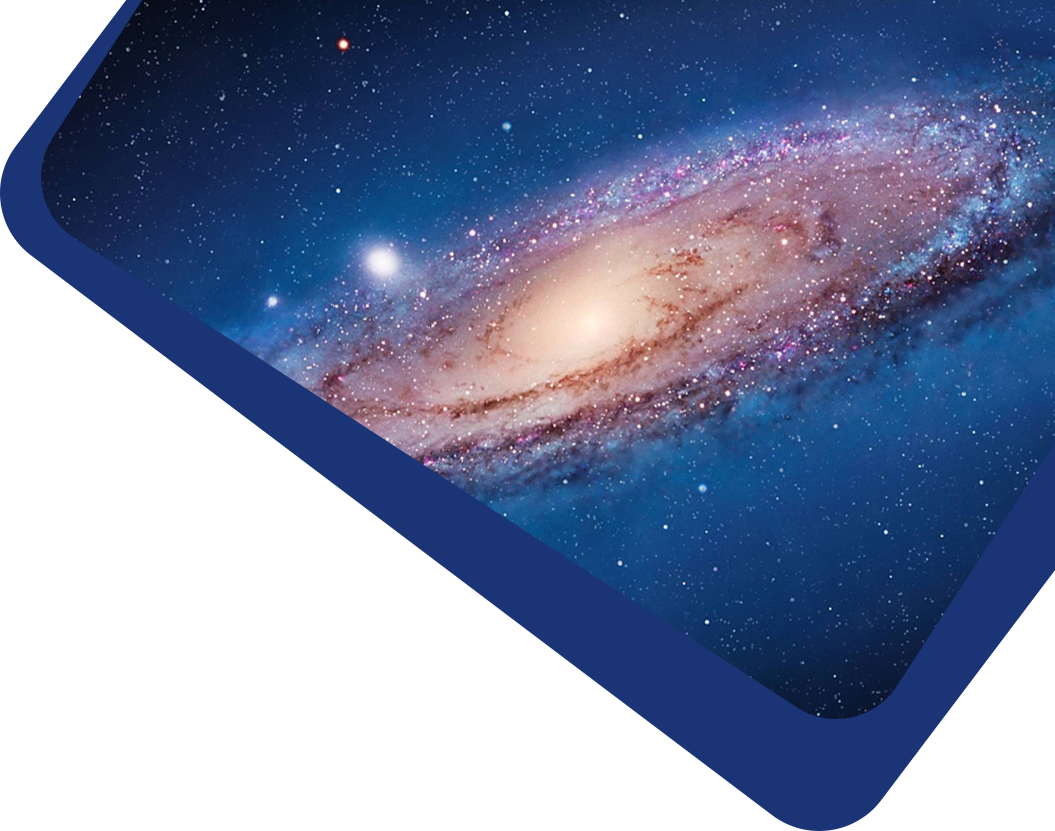

Abstract The success of LISA Pathfinder in demonstrating the LISA drag-free requirement paved the way for using space interferometers to detect low-frequency and middle-frequency gravitational waves (GWs). The TAIJI GW mission and the new LISA GW mission propose using an arm length of 3 Gm (1 Gm = 106 km) and an arm length of 2.5 Gm respectively. For a space laser-interferometric GW antenna, due to astrodynamical orbit variation, time delay interferometry (TDI) is needed to achieve nearly equivalent equal-arms for suppressing the laser frequency noise below the level of optical path noise, acceleration noise, etc in order to attain the requisite sensitivity. In this paper, we simulate TDI numerically for the TAIJI mission and the new LISA mission. To do this, we work out a set of 2200-day (6-year) optimized science orbits for each mission starting on 2028 March 22 using the CGC 2.7.1 ephemeris framework. Then we use the numerical method to calculate the residual optical path differences of the first-generation TDI configurations and the selected second-generation TDI configurations. The resulting optical path differences of the second-generation TDI configurations calculated for TAIJI, new LISA and eLISA are well below their respective requirements for laser frequency noise cancelation. However, for the first-generation TDI configurations, the original requirements need to be relaxed by 3 to 30 fold to be satisfied. For TAIJI and the new LISA, about one order of magnitude relaxation would be good and recommended; this could be borne on the laser stability requirement in view of recent progress in laser stability, or the GW detection sensitivities of the second-generation TDIs have to be used in the diagnosis of the observed data instead of the commonly used X, Y and Z TDIs.
Keywords gravitational waves — methods: numerical — techniques: interferometric
It accepts original submissions from all over the world and is internationally published and distributed by IOP